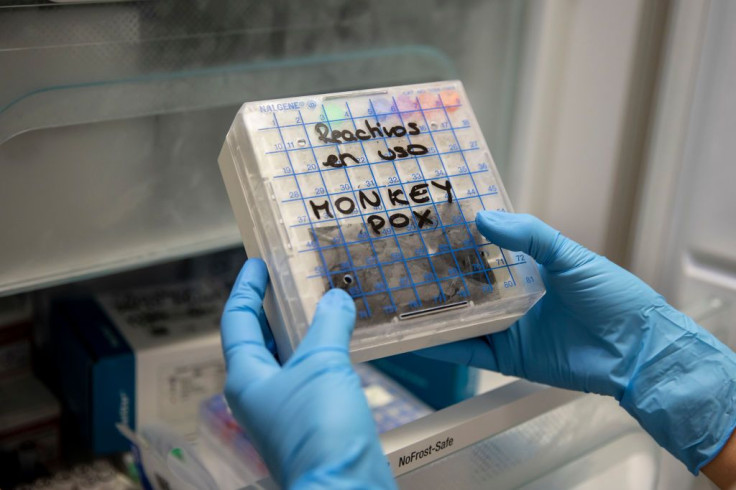Is New York City Ready For Impending Mpox Resurgence?

A new global mpox outbreak has begun, and it's only a matter of time before the resurgence is felt in New York City. But is the Big Apple prepared for the impending wave?
Local health authorities have warned of a risk of new outbreaks just as Pride celebrations and the summer party season are underway, the New York Times reported.
Compared to other locations, the Big Apple had one of the highest vaccination rates in the country during the mpox — formerly monkeypox — outbreak last year. Unfortunately, only half of those who received the vaccine only had one dose of the JYNNEOS vaccine.
JYNNEOS is a two-dose vaccine for mpox and smallpox. Getting only a single shot would leave one vulnerable to the infection.
Addressing the situation, the Times quoted White House national mpox response deputy coordinator Dr. Demetre Daskalakis as saying, "Without renewed prevention efforts, especially vaccination, we are definitely at risk of a resurgence, in fact, a substantial risk of resurgence of mpox."
However, the partly vaccinated and unvaccinated are not the only ones at risk of contracting the virus. Based on anecdotal evidence, even the vaccinated can still get infected but only suffer milder symptoms.
The New York City Department of Health and Mental Hygiene still recommends vaccination, saying anyone of any sexual orientation or gender identity should get jabbed. Even minors are encouraged to get vaccinated since this does not require parental consent.
According to the department, a recipient starts to build protection in the days and weeks after getting the first dose of the vaccine. The second dose should be administered at least 28 days later. Full immunity is achieved two weeks after the second shot.
The impending resurgence is not only felt in New York City, which reported three new cases recently. Based on the latest update from the Centers for Disease Control and Prevention (CDC), about 21 locations in the country recorded new cases.
Illinois recorded nine new cases, while Maryland had three new cases. Meanwhile, Alabama, Arizona, Florida, Louisiana, Texas, Utah and Virginia reported one new case each.
The World Health Organization (WHO) declared the mpox outbreak officially over earlier this month after noticing an almost 90% decline in global cases in the past three months.
However, the CDC warned in April that a new wave of mpox transmissions could happen this year due to the lack of effort to vaccinate high-risk people in the country.
Public health authorities and nonprofit groups have since reminded sexually active men who have sex with men to get vaccinated or get their second dose if they already had the first shot.



























